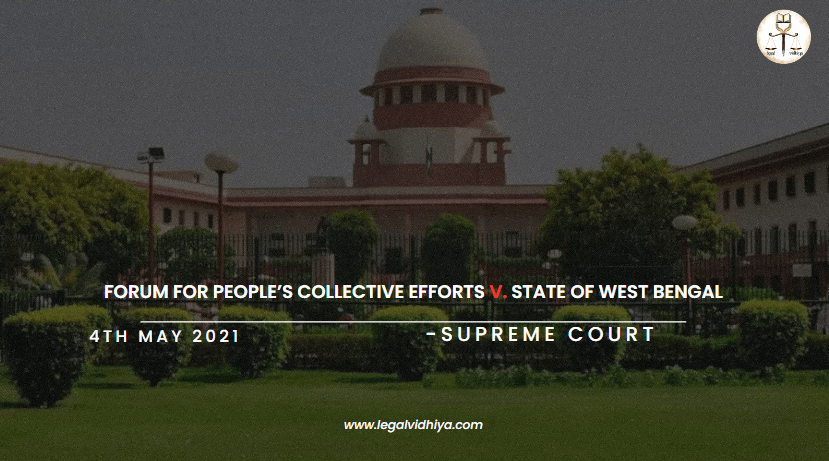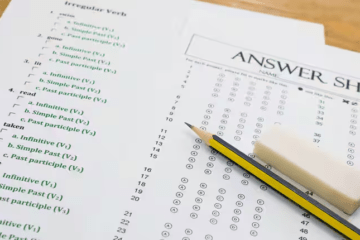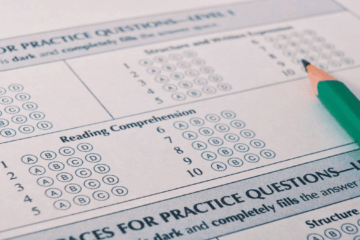
| CITATION | 2021 SCC ONLINE SC 231 |
| DATE OF JUDGMENT | 4th May 2021 |
| COURT | Supreme Court of India |
| APPELLANT | Forum for People’s Collective Efforts & Anr. |
| RESPONDENT | State of West Bengal & Anr. |
| BENCH | M R Shah, Dhananjaya Y Chandrachudu |
INTRODUCTION
The case of Forum for People’s Collective Efforts v. State of West Bengal centered on the constitutional validity of the West Bengal Housing Industry Regulation Act, 2017. This Act was contested on the grounds that it conflicted with the Union law, specifically the Real Estate Regulation Act, 2016, which addresses the same subject matter. The challenge was brought forward through a petition under Article 32 of the Indian Constitution. Upon examining the provisions of both RERA and WB-HIRA, the court determined that they were entirely overlapping. The court concluded that the State of West Bengal is not permitted to establish any regulations on a subject that is already governed by Union laws.
FACTS OF THE CASE
- The two Acts are under challenge in this case. The WB-HIRA and RERA are subjects that comes under Entries 6 and 7 of the Concurrent List of the Seventh Schedule of the Constitution.
- The provisions of Article 254(2) of the Constitution have not been satisfied in the case of WB-HIRA, as the Act has neither been reserved nor received assent from the President.
- The laws made by the State Legislature is in conflict with the provisions of Central enactment and is completely similar to the corresponding Central law. Since the Parliament has legislated on matters coming under Concurrent List, the State legislature cannot enact a similar legislation. This can in turn create parallel laws dealing with the same subject matter and create ambiguity among the individuals.
- The Real Estate Regulation Act, 2016 was introduced by the Central Government with an objective of regulating the real estate sector across India. After RERA came into effect, other States have repealed their local laws whereas in West Bengal, earlier law was replaced by WB-HIRA in 2017, which also governs the real estate sector. Hence, there are both Acts that are similar in terms of its legislative intent.
ISSUES RAISED
- The question which was raised is whether the RERA and WB-HIRA are enacted under Entries 6 & 7 of List III of the Constitution and hence do they cover on similar subject matter?
- The issue is whether the WB-HIRA has received the assent from the President before becoming an Act?
- The key query is to determine whether the State Legislature can enact laws over similar subject matter of the Union and hence create parallel laws at the same time?
- Whether the WB-HIRA satifies the test of repugnancy and is considered to be unconstitutional?
CONTENTIONS OF PETITIONER
- It was It was argued that the Real Estate Regulation Act (RERA) is central legislation that regulates transactions between promoters and allottees in the real estate sector. The West Bengal Housing Industry Regulation Act (WB-HIRA) was created with similar objectives, leading to inconsistencies between the two laws. Therefore, the test of repugnancy, which consists of several factors, should be applied. According to this test, the provisions of the conflicting statutes must either directly clash or exhibit some inconsistency. If Parliament enacts comprehensive legislation on a particular subject, any state law addressing the same matter is considered contradictory and repugnant.
- The argument further asserted that the real estate sector is comprehensively covered by RERA, an exhaustive code. Consequently, the State of West Bengal cannot enact a law on the same subject. It was claimed that WB-HIRA is invalid and violates Article 254(2) of the Constitution.
- Additionally, it was pointed out that under Sections 88 and 89 of RERA, any future legislation on the same subject must comply with Article 254 of the Constitution, which requires Presidential assent for state laws. WB-HIRA was enacted without obtaining such assent.
- It was also submitted to the court that Section 89, in conjunction with Article 254(2) of the Constitution, mandates the repeal of any provision that coincides with RERA.
CONTENTIONS OF RESPONDENT
- On behalf of the Union of India, it was argued that Parliament had several key objectives in enacting the Real Estate (Regulation and Development) Act, 2016 (RERA). The primary goals behind this legislation included ensuring accountability of real estate promoters towards the allottees (homebuyers). This was crucial for building trust in the real estate market and ensuring that promoters adhered to their commitments regarding project specifications, timelines, and delivery. The other main objective behind the Act was to reduce fraud and malpractices in the real estate sector.
- It was also submitted that RERA was also designed to strike a fair balance between the interests of allottees and promoters. The legislation also introduced measures to protect dispute resolution mechanism.
- The argument presented mainly emphasized that the both the Acts are similar in its purpose and hence both the provisions can act as parallel laws.
- The respondents contend that the first, second and third test of repugnancy is fulfilled as there is similarity, inconsistency and identical nature between the provisions of RERA and WB-HIRA.
JUDGEMENT
The Supreme Court’s ruling on WB-HIRA (West Bengal Housing Industry Regulation Act, 2017) delved into the categorization of the Act within the framework of the Indian Constitution. Entry 24 of the State List under the Seventh Schedule of the Indian Constitution pertains to “Industries subject to the provisions of Entries 7 and 52 of List I.” Essentially, it deals with the regulation and control of industries by the state government. The court also throwed light on the provisions of WB-HIRA that is overlapping the provisions of RERA and hence WB-HIRA is repugnant in nature under Article 254 of the Constitution and also after consideration of the fact that no Presidential assent was received for enactment of the said Act.
The Supreme Court also held that since the implementation of WB-HIRA in West Bengal, building projects have been subject to its provisions and overseen by state-appointed authorities. Hence for prevention of further ambiguity the court has to exercise its jurisdiction under Article 142 of the Constitution. Therefore the court declared under Article 142 of the Constitution that the nullification of WB-HIRA will not invalidate registrations, approvals, or permissions granted under the legislation before the date of the judgment.
ANALYSIS
In this case, the constitutional validity of the WB-HIRA was challenged as it was clearly overlapping with the provisions of the RERA and both the legislations are having similar subject matter under the concurrent list in the Seventh Schedule of the Constitution. WB-HIRA has also not received the assent from the President which is a mandatory requirement under Article 254(2) of the Indian Constitution even when there is inconsistency between the State and Central law. It is also observed that certain provisions of WB-HIRA are inconsistent with the provisions of RERA.
The Court in this case noted that while RERA allows for the existence of other remedies under laws like the Consumer Protection Act, this does not extend to allowing states to replicate or enact identical legislation. WB-HIRA, by mirroring the provisions of RERA, created a parallel regime that conflicted with the central law, thus invoking the doctrine of repugnancy by exercising its jurisdiction under Article 142 of the Indian Constitution.
CONCLUSION
The state of West Bengal introduced WB-HIRA to establish a parallel regulatory framework, addressing the same subject matter as the Central legislation, RERA. Both laws fall under Entries 6 and 7 of the Concurrent List.Given their overlapping subject matter, they meet the criteria for repugnancy as per Article 254. Since the President did not give assent to WB-HIRA, the exception under Article 254 does not apply.
WB-HIRA is deemed inconsistent with RERA and is declared unconstitutional. However, the West Bengal(Regulation of Promotion of Construction and Transfer by Promoters)Act, 1993, which WB-HIRA repealed, will not be reinstated and remains repealed.
REFERENCES
- SCC ONLINE
- https://indiankanoon.org/doc/34436597/
- https://www.consultease.com/supreme-court/supreme-court-case-forum-peoples-collective-efforts-fpce-versus-state-west-bengal/
This Article is written by Lis Maria Palamattom, student of CHRIST(Deemed to be University) School; Intern at Legal Vidhiya.
Disclaimer: The materials provided herein are intended solely for informational purposes. Accessing or using the site or the materials does not establish an attorney-client relationship. The information presented on this site is not to be construed as legal or professional advice, and it should not be relied upon for such purposes or used as a substitute for advice from a licensed attorney in your state. Additionally, the viewpoint presented by the author is of a personal nature.




0 Comments